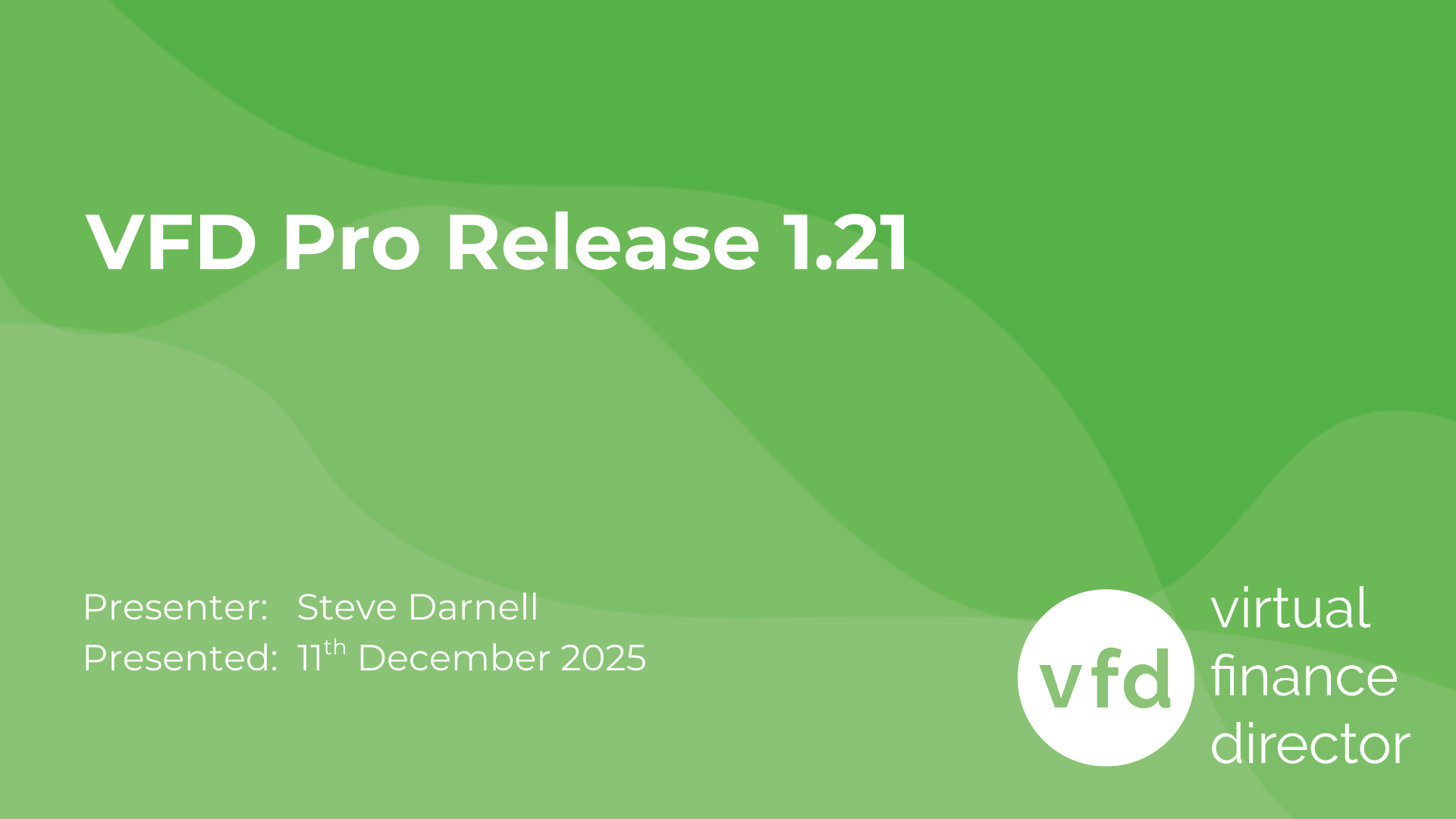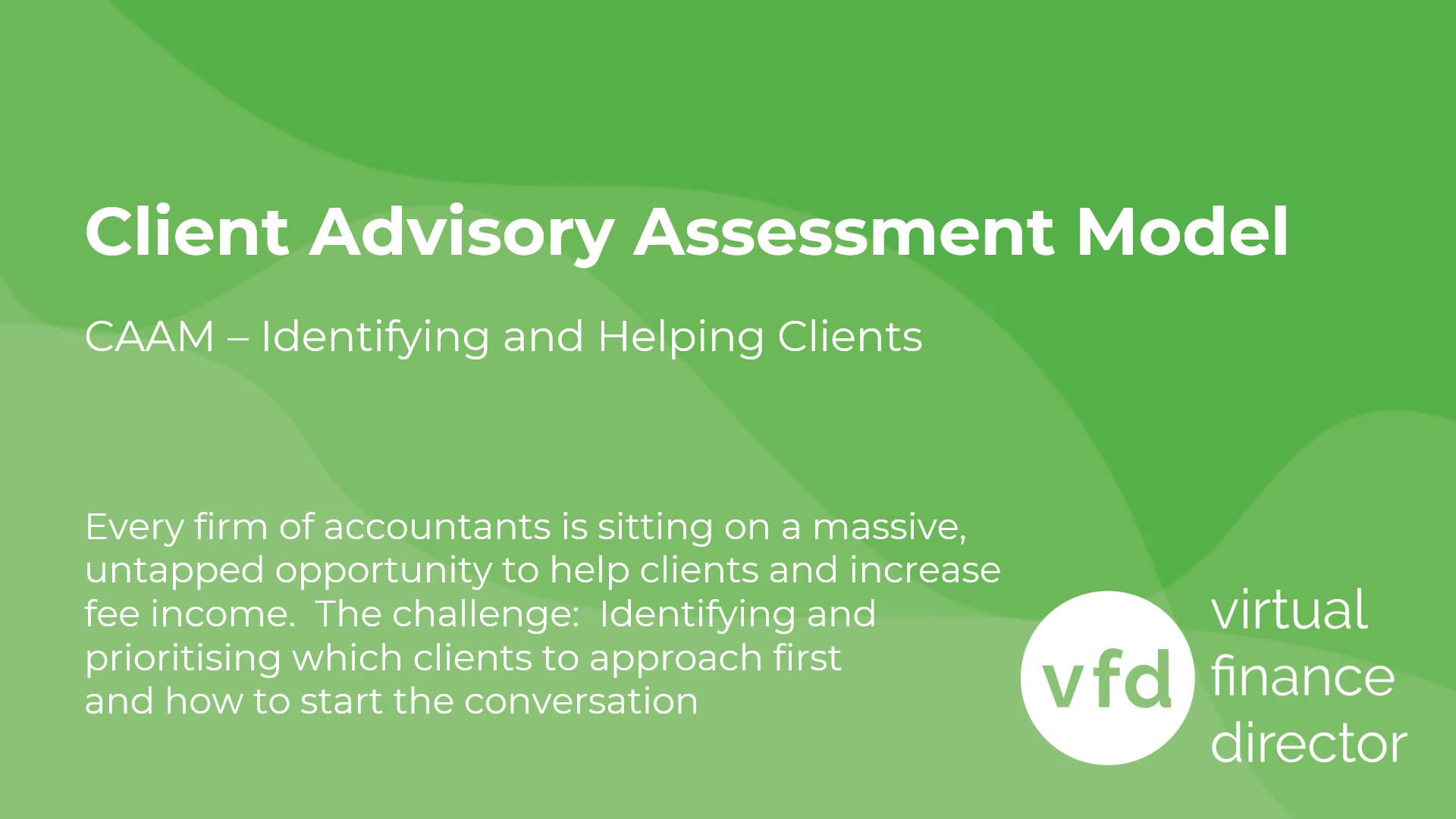Are you giving clients the tax advice they deserve?
Key Takeaways
- Failing to talk to clients about innovation tax reliefs (R&D tax relief, Patent Box, IP strategy) can lead to serious consequences — from client dissatisfaction to legal exposure
- These schemes deliver real value to clients and are not just for large tech firms
- Conversations about R&D often open the door to wider advice on IP and commercial growth
- Expanding into advisory services like these helps you protect and strengthen client relationships.
- Partnering with ABGi ensures your clients get expert support while you stay compliant, efficient, and protected
Introduction
If you’re an accountant, you’ve probably heard more about R&D tax relief in the last couple of years than in the ten before it. Between the recent overhaul of the schemes, HMRC’s crackdown on poor-quality claims and the increasing complexity of the rules, it’s no wonder many firms are hesitant to get involved.
But stepping back completely can be just as risky as diving in unprepared.
Here we explain why it’s more important than ever for accountants to raise the subject of innovation tax reliefs with their clients – and how you can do that confidently and safely, with support from ABGi.
We’ll cover the benefits for your clients, what it means for your firm, and why partnering with a trusted, technical advisor is often the most sensible route.
Your current stance and the risk of inaction
Plenty of accountants are staying away from R&D tax relief. Maybe you’ve been burned before, or you’ve seen others deal with unwelcome HMRC probing. Some accountants say outright, “not for me.”
But the reality is that clients do expect to be told about relevant tax-saving opportunities. If they later discover they’ve missed out ( or worse, that they were eligible but never told ) they won’t see the decision as yours to make. They’ll see it as something they weren’t given the chance to consider.
Not mentioning R&D tax relief or Patent Box doesn’t protect you. In some cases, it can expose your firm to allegations of neglect or even legal action, especially where clients can demonstrate a loss.
Of course, most oversights aren’t deliberate. Many accountants simply aren’t sure where the boundaries are, or don’t feel confident advising in a complex and fast-changing area.
But the answer isn’t to avoid the topic altogether. It’s to involve the right expertise, and protect your clients from getting advice from less reliable sources instead.
Innovation tax. It matters to your clients
Innovation tax reliefs are a key part of the government’s strategy to boost productivity and economic growth. They help businesses offset the cost of developing new products, services or processes. In practice, these schemes can give companies vital breathing space, the R&D tax helping to de-risk the process. It gives cash flow back in the future, allowing to do a lot more and making investors’ money work harder.
R&D tax relief leads to wider strategic gains
R&D tax relief is often the first step in a broader conversation that accountants can have with their clients about innovation and IP Strategy.
And not only just about protecting their R&D and innovation with patents, but also about creating a tax asset through Patent Box which makes their business more attractive overall.
Patent Box, another Government innovation tax incentive, is the next logical step. Yet despite being available since 2013, it’s still rarely used. HMRC’s latest statistics show over 65,000 R&D tax relief claims in 2022–23 — but only 1,600 Patent Box claims.
How much could Patent Box be worth to your SME clients?
If you take the total amount of ‘relief’ for Patent Box, it comes to £1.47Bn. There are only 1,600 claimants, so the average claim value is circa £1M
BUT:
- 94% of everything claimed is by large businesses. They only make up 25% of the total number of businesses claiming
- Which means £88.2 million was claimed by small companies and…
- 75% of 1600 = 1200 SME claimants, which in turn means…
- The average value of a claim by a small business is £73.5K of tax benefit (PER ANNUM)
- Which over 5 years could be worth £367,500 to your clients.
This is a missed opportunity. Yet many clients — and many accountants — are unaware of it or assume it’s only for large companies. In reality, SMEs can and do benefit. With the right guidance, even niche or process patents can become a valuable tax asset.
How?
Patents can increase the value of a business considerably:
- Validates to investors /buyers that an external body recognises a company’s innovation
- Demonstrates the business has very effective leadership, management and processes
Tax efficiency:
- Patent Box reduces corporation tax to 10% on national and global sales
- Highly attractive to potential buyers of a business
- Increases the bottom line, enabling higher investment to create further growth
These provide levers to achieve the business goals:
- Increase Dividends / Increase liquidity
- Exit Plan
- Attract Investment
- Increase Growth
See how it works: For a concrete example, take a look at this case study →
Innovation tax. It matters to your firm
Client expectations are changing. Traditional compliance services are increasingly automated and commoditised. To stay competitive, firms need to offer more than just year-end accounts.
Helping clients understand their innovation potential – and identify tax incentives that support growth – is a clear way to add strategic value. It strengthens your position as a trusted advisor and helps retain relationships that might otherwise drift elsewhere.
And this isn’t just about tax. These are conversations that naturally lead into bigger questions: Where is the business going? What’s being invested in? What’s worth protecting? You’re no longer just reporting on the past – you’re helping shape the future.
Offering innovation relief support through a partner like ABGi allows you to diagnose the opportunity and refer it on, without needing to take on the complexity yourself. It’s a practical way to expand your services and protect your clients.
Why ABGi
If you want your clients to have access to innovation tax reliefs without exposing your firm to risk, ABGi is a trusted, practical partner. We’re here to help clients submit robust, compliant claims that withstand scrutiny — and to make life easier for the accountants who support them.
Here’s how we work:
Independent, objective advice
We assess eligibility with no obligation and no pressure to proceed. If a client isn’t eligible, we’ll say so.
Technical strength
All our consultants are qualified, experienced, and UK-based. Many have backgrounds in the sectors we support. Meet the team →
Robust processes
We produce detailed, high-quality reports that meet HMRC expectations. We don’t outsource report writing, and our challenge rates remain low.
End-to-end support
We do most of the work : gathering information, writing the technical narrative, calculating eligible costs, and managing digital submissions. You and your clients can be involved as much or as little as you like.
Enquiry defence included
If HMRC raises a query, we’ll manage the enquiry at no extra charge, from initial contact to final agreement.
PCRT-aligned
PCRT guidance highlights that R&D tax advice should only be given by those with the necessary expertise. Most accountants are more than capable of preparing the financial side of a claim, but assessing technical eligibility is often outside the scope of traditional tax training. That’s where we come in.
In short, we help accountants stay compliant, informed, and confident that their clients are getting the right support without taking on undue risk.
In Conclusion
Your clients may already be entitled to these reliefs. But unless someone raises the subject, they’ll never know.
You don’t have to provide the advice yourself. You just need to start the conversation.
We’ll take it from there.
Download guide: Transform Your Practice with Comprehensive Advisory Services






